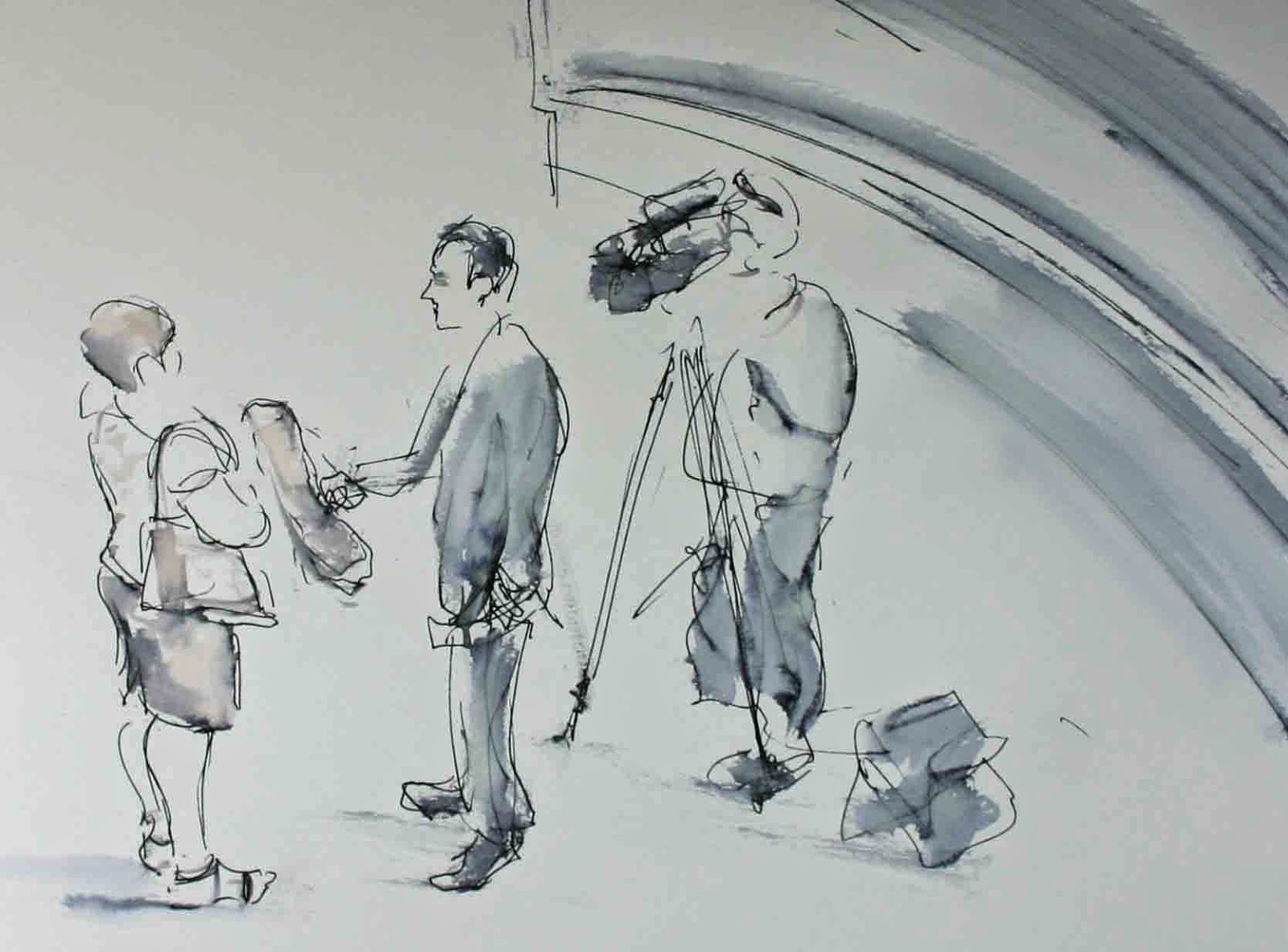On 7th December 2015 Mr Justice Openshaw formally said what everyone has known for months – Lord Janner is unfit to plead. This was never really in doubt – four expert doctors had assessed Lord Janner on 11 occasions over a period of several months, and their views were unanimous.
Their agreed conclusion was that he could ‘no longer recognise his children and grandchildren; could not speak, write or watch television; and was reliant upon a carer for his safety and personal hygiene’. The 87 year old former MP’s medical condition is declining, and is not going to get better.
In those circumstances, he clearly met the test for being ‘unfit to plead’; in effect he could not follow the proceedings, understand the evidence, challenge any of the jurors, or give any meaningful instructions to his lawyer.
What happens now?
There will be a ‘trial of issue’, sometimes called a ‘trial of fact’, in April 2016. This is not a trial in the conventional sense, and the jury won’t be asked at the end of it whether Lord Janner is guilty. The purpose is to determine whether Lord Janner ‘did the acts’ alleged against him.
It will start in the normal way – the prosecution will call their witnesses and they will give their account to the jury. At that point, the difference in the proceedings begins to show. Lord Janner’s lawyer does not have his account to put to the witness, all he can do is ‘test the evidence’, in effect probe the witnesses account, but not challenge it directly.
Although this seems unfair, it reflects the different purpose of the proceedings. It is not to determine criminal liability, and any punishment, but to determine whether the person is a someone who has carried out potentially illegal acts and from whom the public need protecting.
The defence could, in theory, call witnesses. For example if an allegation is that Lord Janner committed an offence one Friday in London in 1972, evidence could be called that he was habitually in Leicester at that time.
After that, both lawyers can address the jury, and then the judge will sum up. The issue for the jury will be solely whether Lord Janner committed the acts alleged. This will differ from a criminal allegation where there is normally a mental element. An example here would be in relation to an allegation of indecent assault. If the jury believe that he touched someone sexually against their will, but he believed that he had her consent, then he would be not guilty of a criminal offence. But he would be found to have ‘done the act’ alleged against him.
What does this mean for Alison Saunders?
As will be remembered Alison Saunders, the Director of Public Prosecutions, was responsible for the initial decision not to prosecute Lord Janner. She received a lot of criticism for this, with many seeing it as evidence of a ‘cover up’. There were even calls for her to resign over this (which have rightly receded). 
Will the events at the Old Bailey further undermine her? The short answer is ‘no’. What happened this week had been foreshadowed on all the previous court appearances, and in the DPP’s decision itself. Her conclusion was that the evidential test was met (we will have to see what the evidence is like, and what the jury make of it) and that Lord Janner would be unfit to plead.
All that happened in Court was confirmation of the second part of that, and Ms Saunders has nothing to fear. At the trial of issue next year, if the acts (or some of them) are found proved then the only realistic disposal is an absolute discharge.
Although that disposal (which will inevitably, and wrongly, be called a ‘sentence’) may cause some level of outrage on social media, Ms Saunders could hardly be criticised for it – the judge will have no choice.
It would be more awkward for Ms Saunders if the trial resulted in a full (or even substantial) acquittal, but even then it is likely that she would be able to ride out any storm.
Is a trial an abuse of process?
According to the Guardian (in relation to a trial of issues) – ‘Experts say there is a route by which Janner’s legal team could still mount a challenge against such a trial’. This is a slightly oblique reference, but it would appear to be a suggestion that it would be argued that further proceedings would be an abuse of process.
This argument, if it is run, would on the face of it appear to be very unlikely to succeed. We do not have the details of what the basis of the argument would be, but the most likely one is that the decision of the prosecution to proceed is wrong.
This is a complicated area of law, but a very high burden is generally set. Just as the original decision of the DPP to not prosecute Lord Janner can be described as wrong, likewise the later one to prosecute is not outside the reasonable range of decisions. Equally, the change of tack by the CPS is unlikely to be an abuse.
But it is certainly an interesting case, and one to watch for next year.







